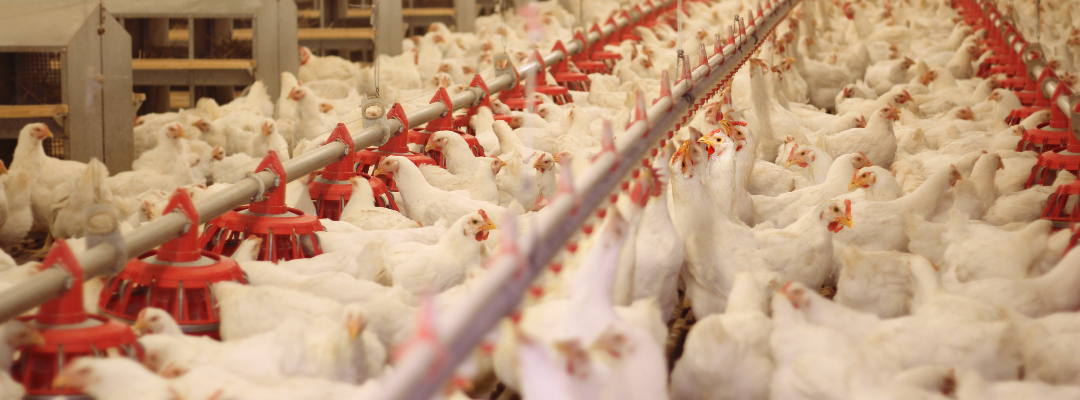On January 18, 2023, the United States District Court for the Northern District of Oklahoma ruled on a lawsuit filed by the State of Oklahoma against 11 poultry producers. The lawsuit alleged that the poultry producers polluted and continue to pollute the Illinois River with phosphorus and bacteria from poultry litter applied to lands in the Illinois River watershed.
The original lawsuit included 11 causes of action. The court dismissed six causes of action before trial: cost recovery under the Comprehensive Environmental Response, Compensation and Liability Act (CERCLA); natural resource damages under CERCLA; a Solid Waste Disposal Act (SWDA) citizen suit; unjust enrichment/restitution/disgorgement; and two claims under Oklahoma state statutes and regulations. A trial was held on the following five causes of action: violation of Resource Conservation and Recovery Act (RCRA) 42 U.S.C. § 6972; state law public nuisance and state law nuisance per se; federal common law nuisance; trespass; and two claims under Oklahoma state law.
The court granted two posttrial motions, dismissing the RCRA claim, the per se nuisance claim, and one of the state law claims because poultry litter can have a beneficial use and was not being disposed of on the fields. On the merits, the court found that the poultry growers were liable for state law nuisance, federal common law nuisance, trespass, and one state law claim.
Oklahoma proved that each poultry grower contributed significantly to the phosphorus loading of the river and that the state need not trace the exact contribution of each. State-approved permits to apply poultry litter needed to be more specific to immunize the poultry growers from liability. In addition, Oklahoma statute prohibits the creation of an environmental or public health hazard or contamination of waterways from poultry waste handling.
Since activities in Arkansas caused damages in Oklahoma, the interstate nature of the activities implicates federal nuisance law. The court found that the Clean Water Act did not displace federal nuisance law in this instance. Further, the court found that the poultry growers have unreasonably interfered with the public’s use of the Illinois River in Oklahoma and are liable under state nuisance law and federal nuisance law.
As to trespass, the activities of the poultry growers resulted in runoff containing phosphorus entering the waters of the Illinois River, constituting a physical invasion. But, again, the state-issued permits did not immunize the poultry growers against the trespass claim. Likening the alleged violation of state law prohibiting waterway pollution to trespass, the court also found the poultry growers liable on those grounds.
The court ordered the parties to attempt to reach an agreement on the remedies and present the agreement to the court for approval on March 17, 2023. If no agreement is reached, the court will rule on the remedies.
Richardson, Jesse. “Oklahoma Prevails in Lawsuit Against Poultry Growers for Pollution of Illinois River.” Southern Ag Today 3(7.5). February 17, 2023. Permalink


